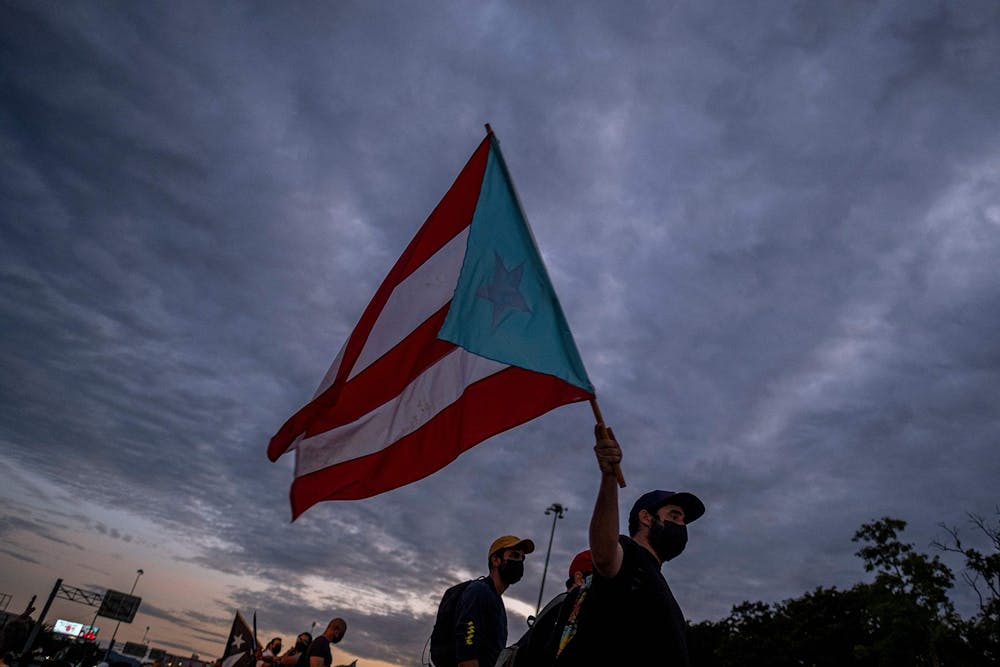The U.S. Supreme Court upheld the differential treatment of Puerto Rican residents last Thursday.
The court ruled that Congress may continue to exclude Puerto Rican residents from federal benefits. This includes disability benefits such as Supplemental Security Income (SSI), which provides direct payments to poor and disabled American citizens.
SSI benefits are available to American citizens living in all 50 states. This also includes Washington, D.C. and the Northern Mariana Islands, but not the territories of Puerto Rico, U.S. Virgin Islands and Guam.
The justices ruled 8-1 in favor of reversing a lower court's ruling that the 1972 decision by Congress to exclude Puerto Rico from the SSI program violated the U.S. Constitution.
The case involved Jose Luis Vaello Madero, a disabled 67-year-old man who received SSI benefits when he lived in New York. Madero lost eligibility when he moved to Puerto Rico in 2013. The U.S. government sued him in federal court in 2017, seeking more than $28,000 for SSI payments he received after moving.
The ruling excludes an estimated 300,000 people on the island from the program who would otherwise qualify for benefits.
"Enough of this colonial status that discriminates against us and affects our quality of life,” Pedro Pierluisi, Puerto Rico's governor, said in response to the ruling. “The only and the best solution is statehood."
Liberal-leaning Justice Sonia Sotomayor, whose parents were born in Puerto Rico, was the only dissenter.
"In my view, there is no rational basis for Congress to treat needy citizens living anywhere in the United States so differently from others," Sotomayor said. "To hold otherwise, as the Court does, is irrational and antithetical to the very nature of the SSI program and the equal protection of citizens guaranteed by the Constitution. I respectfully dissent.”
Puerto Ricans also receive unequal treatment when it comes to other federal programs such as Medicaid or Medicare.
Jennifer Gonzalez, Puerto Rico’s representative in Congress, said the exclusion was an “unbelievable discrimination” that keeps more people in extreme poverty.
Although people born in Puerto Rico are just as American as those in the states, the U.S. has continually deprived Puerto Rico and its citizens of economic and political livelihood.
For more than 100 years, the U.S. territory of Puerto Rico has been subjected to disparate treatment of federal aid and other safety-net programs despite being poorer than any state in the U.S.
The Biden administration has publicly stated its support for extending the law to allow SSI payments to Puerto Rico, but the decision is ultimately up to Congress.




